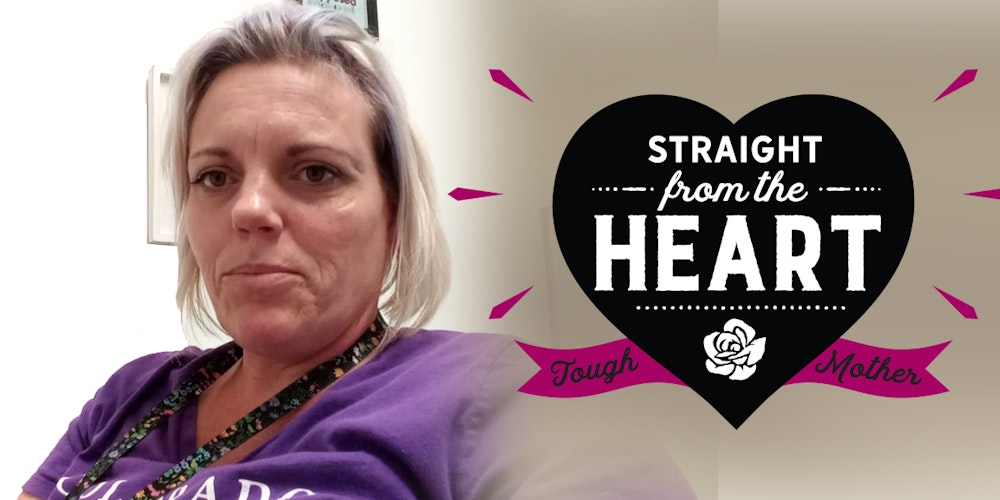
As a peer specialist and mom in recovery, Brenda understands the importance of listening to a mother’s needs and lifting up the many pathways to recovery.
Brenda was a bartender, and had just finished cosmetology school when a conversation with her mom turned to her drinking. “She told me,‘Brenda, you have such strong willpower. Why don't you just use that willpower and stop?’ And I knew I wanted to stop, but I thought about the question and I just looked at her and I said, ‘I can't.’” said Brenda. “And that’s when I knew this had become something I was not able to control.”
Brenda got in trouble with the law, got a DUI, and eventually started going to Alcoholics Anonymous. “I was convinced that I could stop by myself. I wanted to stop, but I couldn't stop,” she said. That's when her probation officer offered to send her to inpatient treatment at RESADA (Region Six Alcohol & Drug Abuse, Co.) if she would commit to staying for 30 days.
Brenda says that her commitment to the probation officer gave her the opportunity to stay sober long enough to receive the message that there were other ways to get support. “It was something I wasn't able to learn in alcoholics anonymous because I was not able to stop drinking before,” said Brenda.
A counselor at RESADA explained that her continuous use of alcohol had put her brain in survival mode. “Him explaining that to me that I had done something to my brain through continuous use - I didn't feel like I was a bad person anymore. I felt like, oh, okay. This is something that we can start fixing.”
A few weeks into treatment, her daughter sent a letter that led Brenda to a big turning point. “She said, mom, if this kills you, if you die from this, I don't know that I'd ever be able to forgive you,” said Brenda. “I realized I don't want to leave this burden on my daughter. So one day at a time, I'm going to try to get better. I'm just going to stay sober today.”
At RESADA, she learned mindfulness strategies and grounding techniques to help her feel present in each moment. She also started to realize that she had a lot of different supports in her life that she just hadn’t seen before. “I was so on that road of alcoholics anonymous that I didn't realize all the different paths there are to recovery and how they can help and change people's lives,” she said.
Once out of treatment, Brenda prioritized her recovery and was open to talking about it with anyone who asked. Eventually, she got a position as a peer support specialist at RESADA, where she often works with moms.
“What I hear the most is that moms take on a lot,” said Brenda. “They're not getting the support that they need. And I feel like they're afraid to ask because they think they need to be able to conquer the world on their own.” Brenda strives to help moms see their supports and learn to communicate their needs, even for the simplest things, like help for walking the dog or doing the dishes.
She also wants family and friends to reach out to moms and find out what they need. “Just ask them, `Why do you think that you need to handle this alone?’” she said. “Find out what’s on their plate today, and what’s challenging them, and see how you can support them in that moment.”
What would you like providers to know?
When Brenda shared that she felt like she couldn’t stop drinking, she was told to try Alcoholics Anonymous. “I understand that they just kind of want you to find a solution,” she said. “But I think it could have been more about asking me what I needed in my life. ‘What do you need and how can I help? What kind of support? How can I help support you?’ You know, just listen to the individual. Listen to me, listen to what I’m telling you, you know, that I'm in a position in my life to where I feel like I can't stop. I would’ve liked for someone to just have a conversation with me, as opposed to telling me what to do.”







